Patryk Andrzejewski was offered a job after contributing that helped VSF Team with refactoring and stabilizing the platform. Now he is a Tech Lead. Read the interview in which he talks about how he got into IT and what he finds crucial in programming.
What was your path to IT? Do you think technical education is necessary to enter the IT world?
My career path started quite early. When I was around fourteen, I used to play online games with my friends and, because I always enjoyed a bit more advanced IT, I was the one who always set up all of the servers and technical stuff behind our gaming.
At some point, I got curious about how games built and how they work underneath, and that led me to programming languages. I started to write my own customizations to the game servers and moved on from there.
I tried many programming languages back then, including C, C++, Assembler, Perl, Delphi, PHP, and Python. I liked comparing them and seeing what each is used for. I stayed with PHP as it was the most popular one, and so I accidentally jumped into the webdev world.
I wrote my two major projects in PHP when I was only around 16 years old. The first was an IRC bot (remembers IRC?!) that was able to react to your commands. One of the commands you could use was searching Google for a given phrase - that was so much fun.
The second was online file hosting which worked the same way as Dropbox. I made it in 2009 when Dropbox was starting and no one even knew about that company's existence. It was a very simple file sharing tool that I used instead of a pen drive for my school lessons. My friend made the UI and I coded everything. I remember when he wanted to convince me to implement users' profiles and make it more public but I used to say: "Who would like to share files on web hosting? It's too slow!" And it was at the time.
My friend still berates me about how much Dropbox is worth and the unique idea we had. However, truth to be told, I don’t think we had a chance to make money on it. Even if we fully implemented the idea, we were just two dumb teenagers who knew nothing about business.
I kept learning new technologies and my teachers at school took notice of my progress. During my senior year, when I was nineteen, one of my teachers recommended me to his friend, who ran a small agency, and that's how I got my first webdev job.
I spent almost two years as a single developer coding websites with PHP and later JavaScript, and then I decided to move to Wrocław.
My career started in 2009. The market was incomparable to today. It was much harder to learn new things. If you needed something, you had to find a way to get it somehow; that should be a crucial lesson for any entry-level developer today.
I graduated with the Wrocław University of Technology in the meantime but I felt I was already a step ahead and I had already started my career without formal qualifications. It is safe to say that, even though university education is not mandatory, it can be useful for some. It provides some basic programming knowledge and lets you meet people with similar interests. You take a taste of the technological world while studying.
What is your previous experience?
Since moving to Wrocław, I’ve worked at two companies, both startups. The first was PiwikPRO, a Wrocław-based startup focused on the analytics market. It offers a Google Analytics-like system providing advanced analysis for the website and its traffic. In the beginning, I worked with PHP and sometimes JavaScript, as no one in the team wanted to work with JS. Later, when our project grew, we had more and more frontend work that I engaged with.
One day, I proposed using React.js as our frontend framework. I sold that idea to the rest of the teams and it worked! I spent three years at PiwikPRO and it was an excellent time.
My next adventure was a UK-based startup operating on a unique market: funerals, crematories, and last wills, allowing people to take care of all of those things through a website without leaving home. It’s an unusual domain and perhaps sounds creepy to some but the company was great. It was a cool atmosphere, working in a small team and visiting London twice per year. Of course, we used a modern web stack (React.js, GraphQL, and more). It was a terrific two years!
With what technology did you work? What is your favorite tech stack?
If I were younger, I would point out some technologies in one breath, but I've grown up. Programming is just a tool and you must never forget that your job is to create business value. The code itself is not for sale, the solution of the given problem is. As an engineer, you need to pick the tool that is able to solve it in the most effective way.
Nowadays, I mostly use Vue.js and Nuxt.js with some add-ons such as GraphQL. But we live in the ‘exponential age’; who knows what my expertise will look like five years from now? I'm always open to extending my knowledge.
Was the frontend always your main interest? When did you develop the interests in frontend issues?
I’ve always been a full-stack developer. I take great care to have a broader understanding of what is going on in the tech world.
I focused mostly on the frontend when I was working at PiwikPRO and I realized it is the area where I feel comfortable.
I believe that it's good to be an expert in one specific field but keep an eye on the market as well. The IT world is an ever-changing space and nothing is set in the stone.
Why did you get interested in Alokai specifically? What excites you about it the most?
It is a funny story. As I mentioned, I’ve always observed the market. I noticed Vue.js on the horizon and tried it. I made a simple app to see how it looked compared to React, which I was working with at the time.
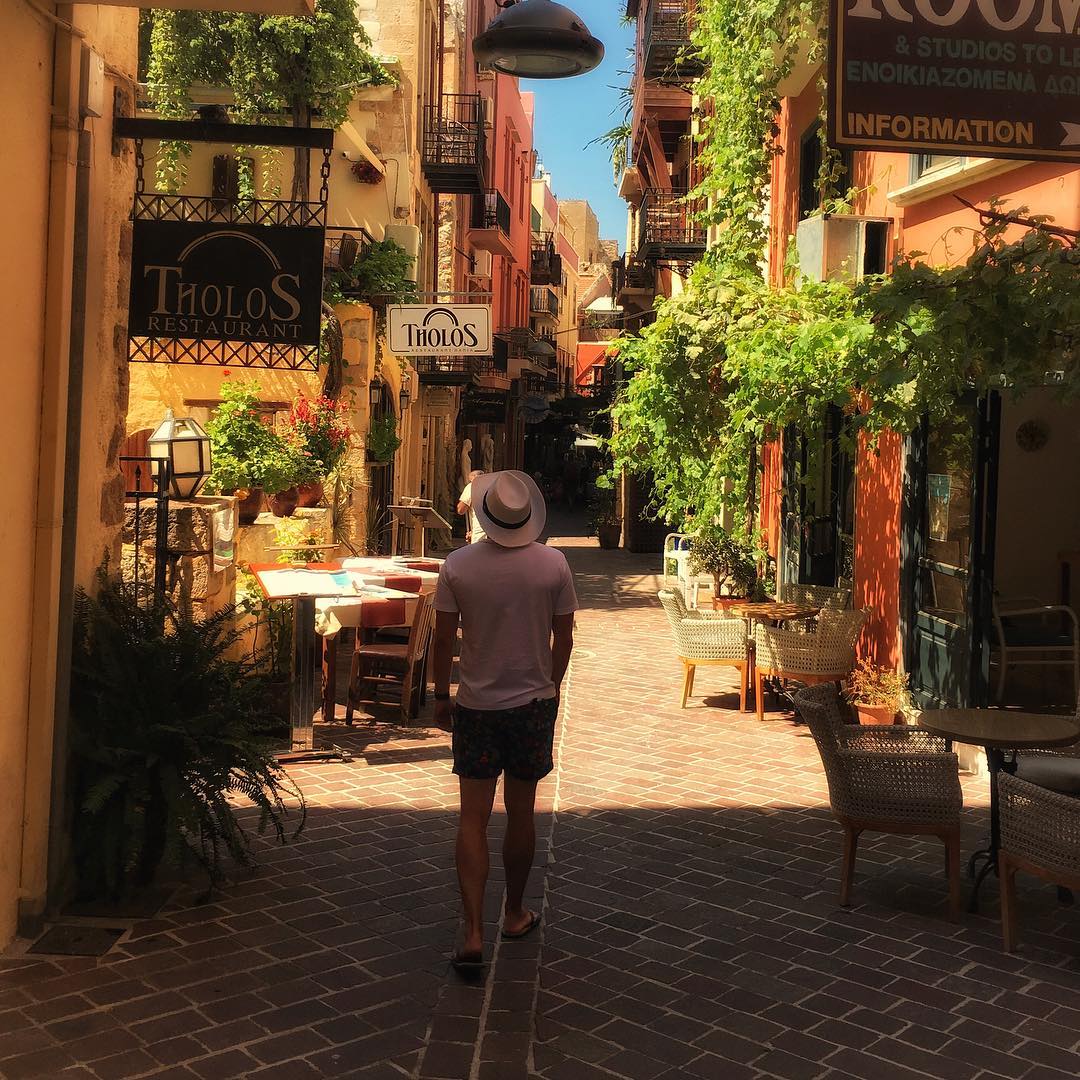
Later, I did some research into Vue.js, checked the live projects based on it, and came across Alokai. I decided to make some pull requests, thinking that it would be nice to contribute to open-source. Once I did, the Catch the Tornado Founder, Piotr Karwatka, texted me on LinkedIn, offering me a part-time contract for helping VSF Team with refactoring and stabilizing the platform.
I spent about a month working in this way until Piotr offered me to lead this project full time.
I wasn't looking to change jobs but it seemed like a great opportunity and, as they say, nothing ventured, nothing gained.
My joining coincided with the beginning of Alokai Next. I remember we had a few discussions about the roadmap and plans, and very quickly, we decided to run a second pipeline - Alokai Next. That was what excited me the most. We have started to build a framework for developers; it’s totally open-source work. Our team is also excellent; we have great developers on board and a vibrant community gathered around what we do.
How and where do you learn new things about web development?
Nowadays, information about new technologies is everywhere: platforms, newspapers, social media... The most common way to catch news is on Twitter. Sometimes, it's even the place where information is born. Facebook Groups are also good places for information, as are Reddit, Dev.to, and sometimes Medium.
How do you stay focused?
I just sit on my chair, grab some coffee, and get things done - very simple. I don't use any specific methods. When I have to do something, I do it. If I need a break, I take a break; but I still do what I planned without excuses.
Of course, if I'm tired or sick, I don't take on too much that day. It's better to get rest; you won't win out against your organism!
What is the hardest part for you in programming?
I can't point out any specific hardest part. It depends on the project. However, we sometimes complicate simple things, and that might be the hardest part of a programming job in general.
Do you have any hobbies? What do you do in your free time?
Exercising, going to the gym, and running - those are the things that keep me energized. Also, I love to travel. Exploring a new culture and new places is something that charges my batteries the most. I haven't visited many places so far but once I started, it became my addiction. I've recently been in Thailand and Malaysia (Kuala Lumpur); a year ago I was in the Caribbean Islands (Guadeloupe, Martinique); and I’ve been to Montenegro and to Paris (though only for one day!).
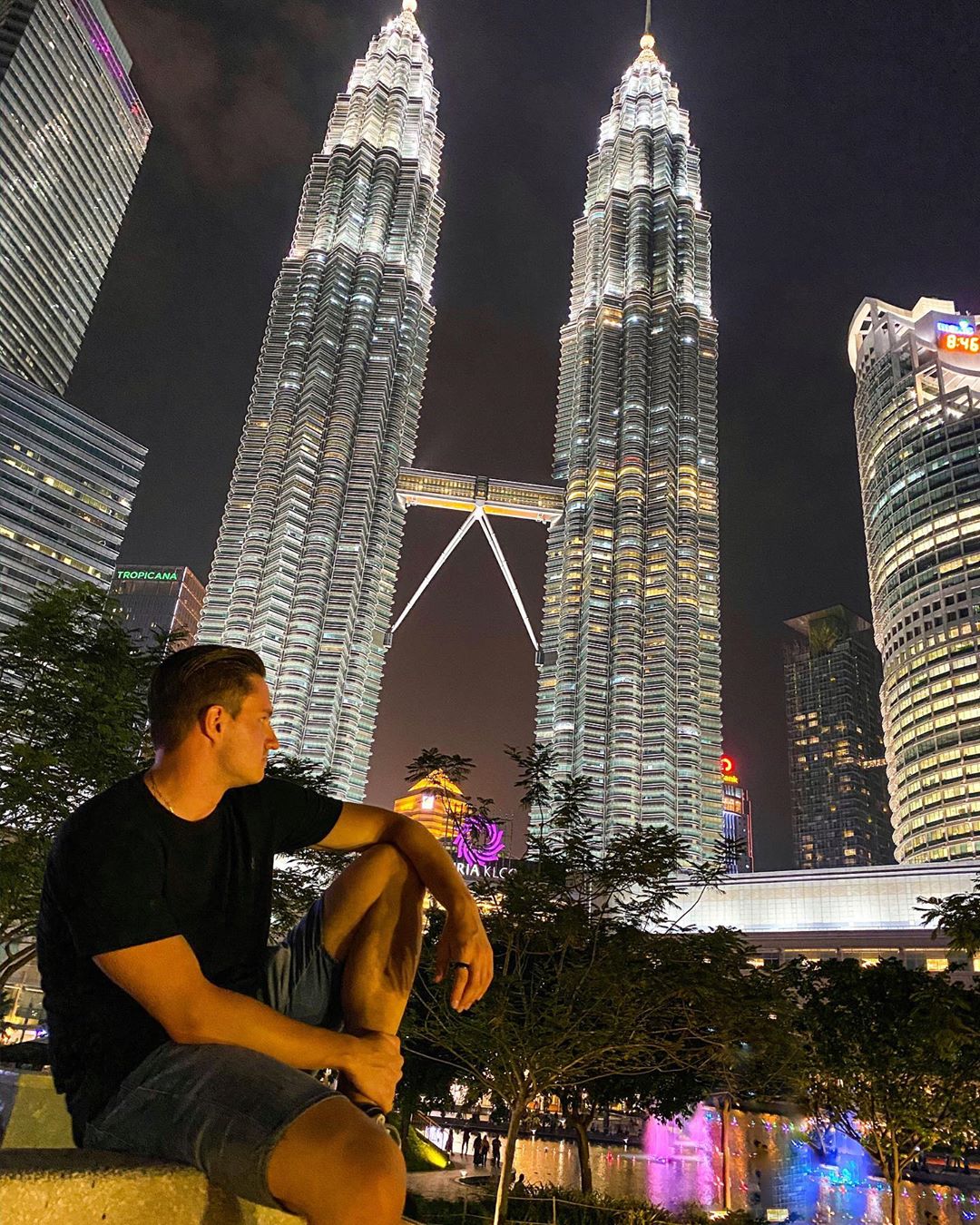
Next up, I plan to visit another European country and to go to either Mexico or Bali in the wintertime, when the situation allows.
Can you recommend a book? Not necessarily about programming :)
I like to read books, especially the ones that can have some impact on me. First of all, I recommend "Rework". I’d also go with "The code of extraordinary mind", "The marshmallow test", "Can't hurt me", and "Blackbox method". These are the first ones that come to mind.










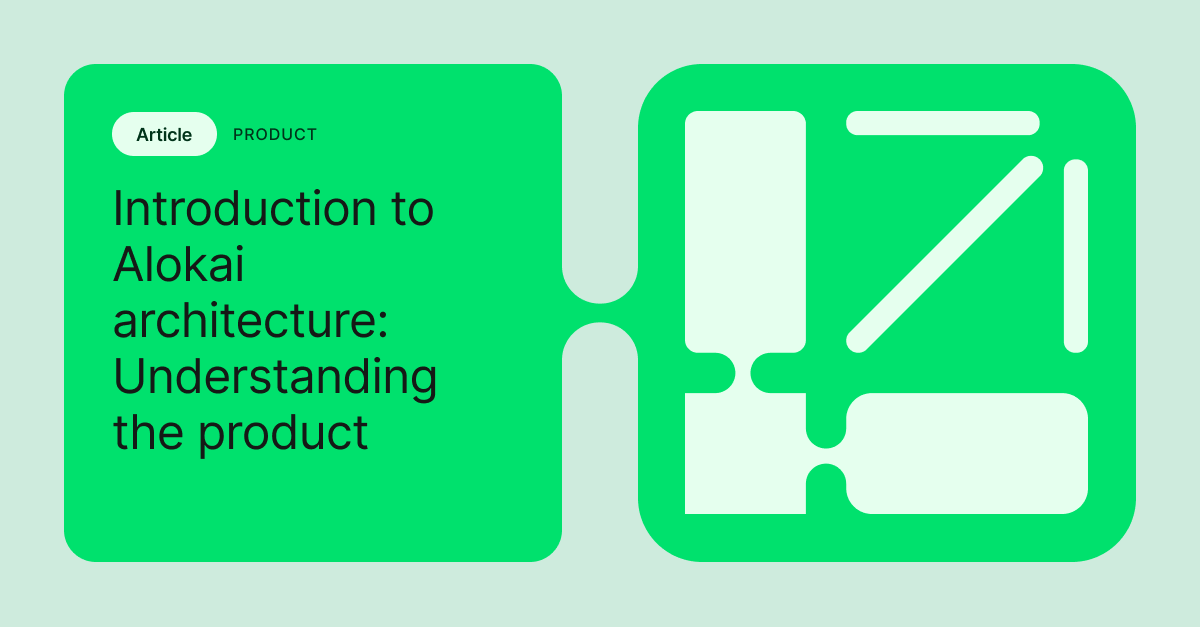
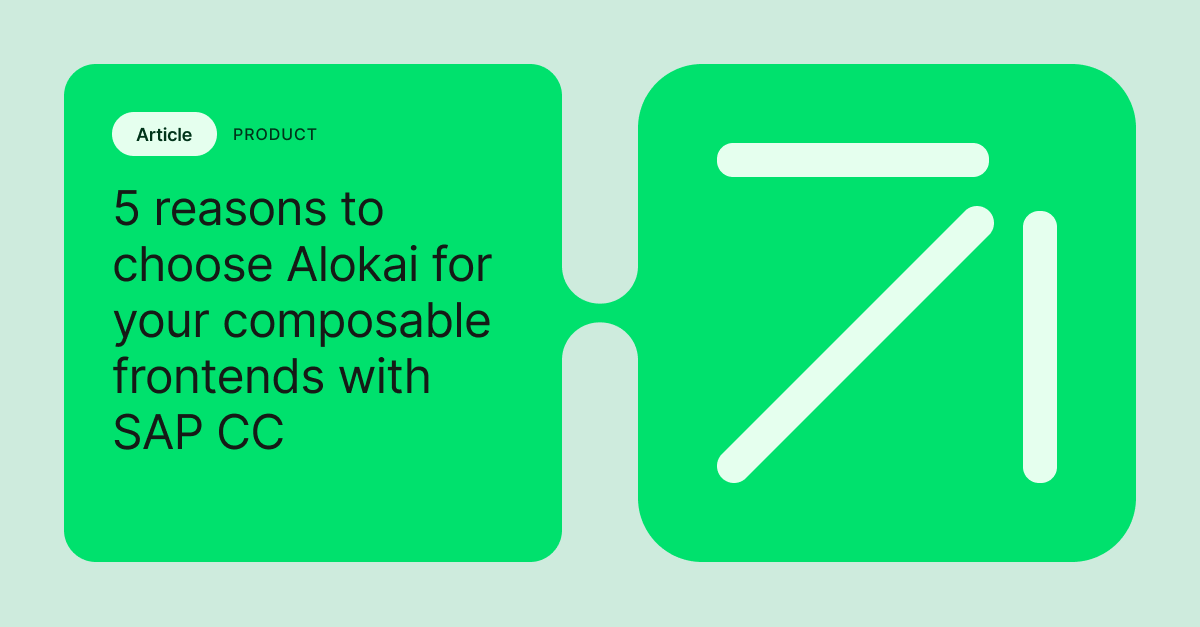


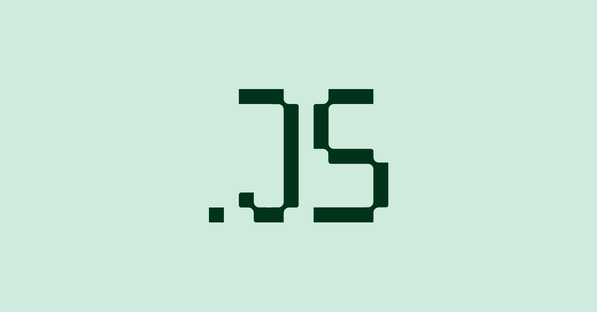

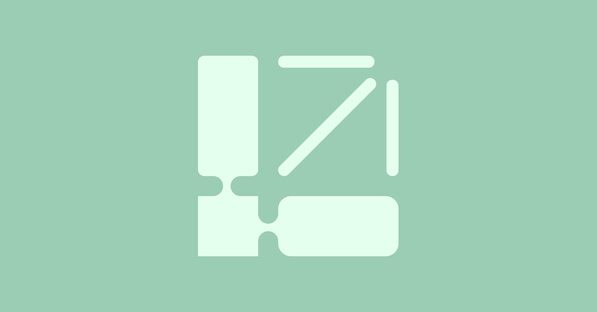
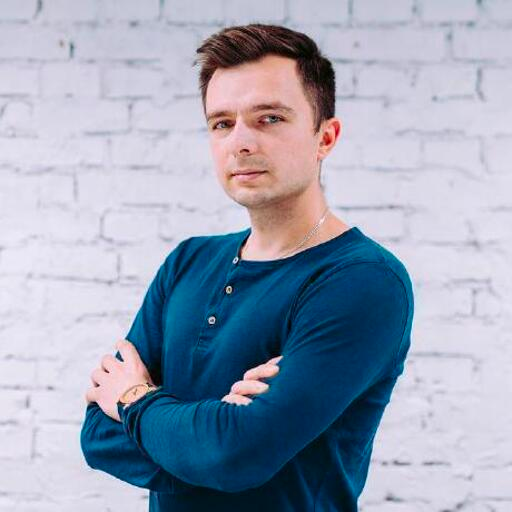
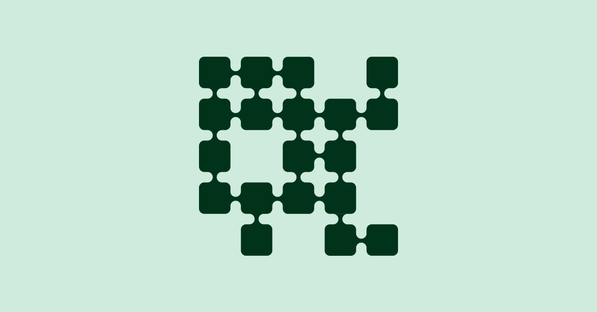
.png)